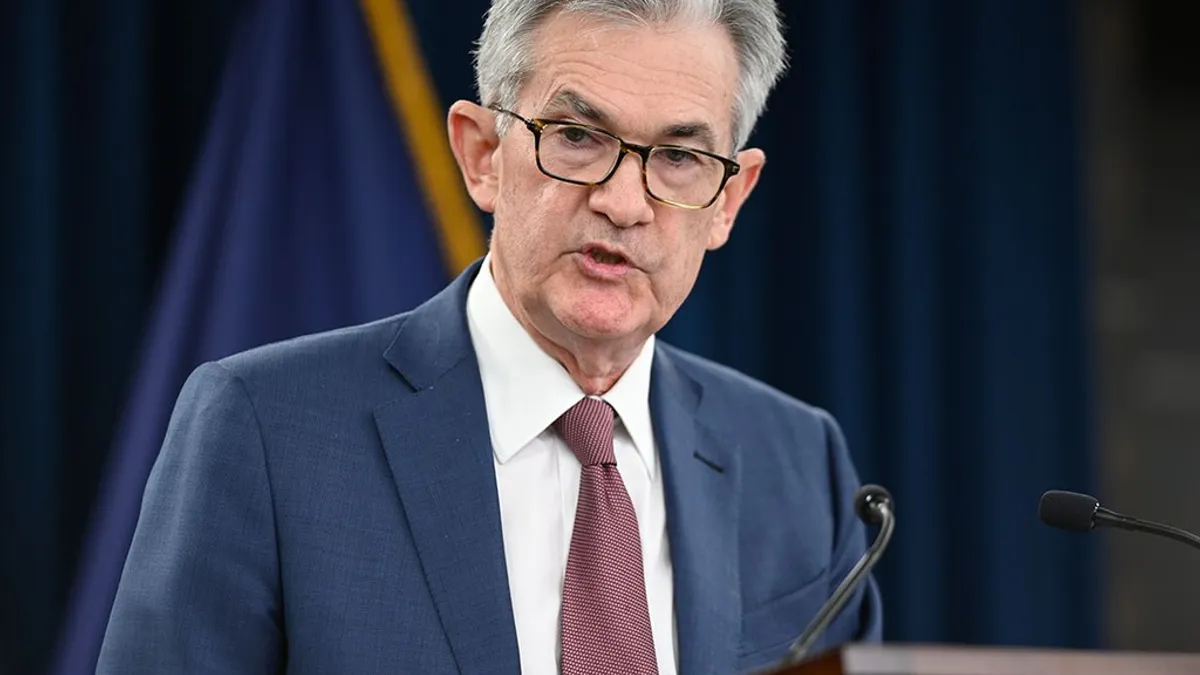Throughout the summer, business leaders, analysts and consumers have shared a common concern: the continued trend of inflation.
In late June, a CNBC survey found U.S.-based CFOs citing inflation as their companies’ biggest external risk factor, surpassing the COVID-19 pandemic, cybersecurity concerns and consumer demand; virtually no CFO cited inflation as a concern in the first half of the year.
As the summer comes to a close and the delta variant causes concerns about labor, consumer behavior and financial forecasting, CFOs across industries have begun to formulate their plans for managing the future, should the inflationary period drag on longer than anticipated.
Conglomerate perspectives
Sales, revenue and profits at fast-casual chain Chipotle Mexican Grill have consistently soared over the past year-and-a-half, which its CFO, Jack Hartung, has attributed to its early investment in employee compensation, digital infrastructure, and agile operations.
As for changing the chain’s spending structure in response to inflation, Hartung is taking a measured long view.
“There's definitely inflation creeping into the system, but it's not clear yet what inflation will stick and what will be temporary,” he told Fox Business on Thursday. “Inflation is driven by the labor shortage. All of our suppliers, every business I've talked to, has the same labor challenge, and wages are going up. That's not going away.”
Hartung is intent on differentiating between short-term, temporary impacts of inflation on Chipotle’s monetary structure, versus impacts that will linger, and making changes accordingly.
“When there's a temporary shortage in supply versus demand,” he said, as an example. “I think that'll only fix itself over time.”
As another example, on account of inflation and supply chain constraints, the restaurant’s interstate and international shipping has become “very expensive,” Hartung said. “I hope that that will level off, but we're not going to take pricing action until we see how it plays out and what's permanent versus what's temporary.”
Francois-Xavier Roger, CFO of Nestle, the world’s largest food conglomerate, expects input cost inflation next year to be higher than it has been this year, he said at Barclays Global Consumer Staples Conference on Thursday.
“Our strategy is to offset anything we receive through pricing,” Roger said at a fireside chat alongside Nestle USA chairman and CEO Steven Presley. “The idea is to pass it on to the trade and to consumers whenever we receive it.”
In an effort to offset inflation, another food conglomerate, The Kraft Heinz Company, has raised prices on two-thirds of its portfolio, U.S. zone president Carlos Abrams-Rivera, said at the conference Thursday. The brand is also “renovating” each of its products to ensure they can withstand wavering consumer interest and “meet modern consumer needs.”
“Year to date we have renovated about 45% of our [product] portfolio, and by the end of 2022 that number will be 90%,” Abrams-Rivera said.
Kraft Heinz CFO Paulo Basilio said he is “very confident” the company’s current prices can sufficiently “protect [its] margins and deal with the inflation we’re seeing today.” It will also protect the company from carryover inflation in 2022, he said, adding that his team would be willing to raise prices again should current inflation rates continue climbing.
But when it comes to inflation’s impacts on behavior, the buck doesn’t stop with consumer products.
Impact on insurance
In a Thursday interview with trade publication Reinsurance News, Thierry Léger, Group CFO at Zurich-based global insurance and reinsurance firm Swiss Re, described inflation as the “enemy” of his industry.
Inflation is one of the primary challenges reinsurance will face in coming years, alongside such threats as natural disasters and cybersecurity, Léger said.
“We think that some of [the current inflation] is transitional, so the peaks we’re seeing now will go back in the short-term,” he said. “We think, however, the inflationary outlook remains high.”
On top of the impacts of general inflation, Léger noted we are currently in the third wave of social inflation, a trend driven by changed expectations.
"We can see that the outlook is showing worsening expectations, and we as an industry, have to prepare for that,” he said. “Pricing must reflect these trends and anticipate higher claims activity.”
While inflation response varies from company to company, there are a few across-the-board guidelines CFOs can follow. Earlier this summer, experts recommended tactics to CFO Dive, including issuing debt, buying goods at services while prices are low, hedging against a falling dollar, and taking steps to cushioning your company’s portfolio.






















